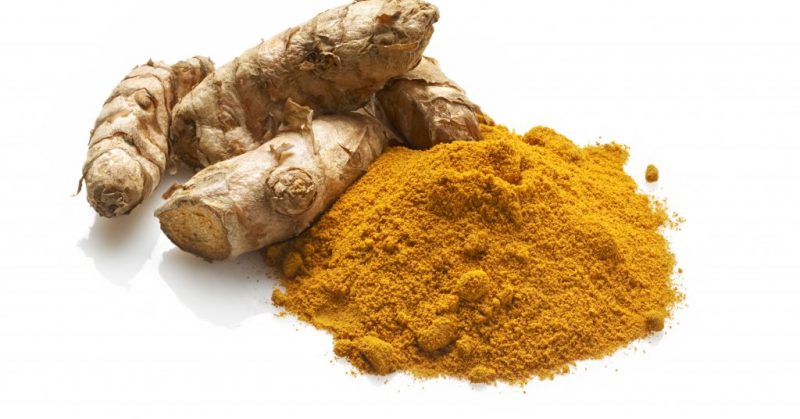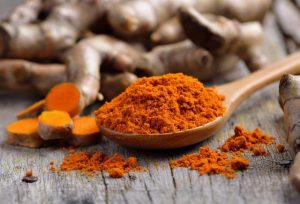Turmeric has long been considered a miracle spice with numerous health benefits, often considered a natural alternative to prescription drugs.
From soothing inflammation to boosting immunity, many swear by its healing powers. But what if what you rely on for better health could in some cases cause harm when combined with certain medications?
While turmeric may seem like a harmless, natural remedy, recent research has raised concerns about possible side effects that could occur when it interacts with other drugs. Before you get to this golden powder, let’s take a closer look at the hidden dangers that may be hidden beneath its health-boosting reputation.
Turmeric is often celebrated as a natural medicine for a wide range of health problems. Many people turn to it as a safer alternative to pharmaceutical drugs, thinking that it has fewer side effects due to its natural origin. However, this perception can lead to an underestimation of the powerful effects that turmeric can have on the body. Research has revealed that turmeric can cause serious side effects when taken in large doses or when combined with other medications.
What is turmeric?

Turmeric, usually referring to the earth’s turmeric root, has a rich history in India, where it has been used for nearly four millennia as a culinary spice and for medicinal and ceremonial purposes. Although some of its supposed benefits lack scientific evidence, turmeric has been shown in several studies to offer a variety of health benefits.
The active compound in turmeric responsible for many of its benefits is called curcumin. Extensive research on curcumin has shown its anti-inflammatory, antioxidant, anti-carcinogenic, and anti-coagulant (helps reduce blood clotting) properties.
Because of these beneficial effects, many people choose to use turmeric as an alternative to or in combination with pharmaceutical treatments, hoping to avoid the side effects and complications that often come with medications. However, the properties that create turmeric can also cause it to interact with certain medications, leading to potentially unpleasant and dangerous interactions.
Curious side effects

Several of the properties of turmeric that provide health benefits, such as turmeric’santithromboticc effect, which helps reduce blood clots, may increase the risk of bleeding when used for blood thinning. Combining turmeric with medications such as warfarin (Coumadin), clopidogrel (Plavix), or aspirin can increase the blood-thinning effects, leading to an increased risk of bleeding.
Turmeric also interferes with medications designed to reduce stomach acid. Instead of reducing acid levels, it can increase the production of stomach acid, which can lead to symptoms such as nausea, bloating, and stomach discomfort.
In some cases, it can even damage the esophagus. Both classes of drugs—proton pump inhibitors (eg, omeprazole, esomeprazole) and H2 blockers (eg, famotidine, ranitidine)—may interact with curcumin and cause excess acid production.
For those on diabetes medications, turmeric may enhance their effects and increase the risk of low blood sugar or hypoglycemia. Symptoms of hypoglycemia include tremors, blurred vision, confusion, anxiety, and cognitive problems.
In addition, turmeric can cause allergic reactions in some individuals, ranging from mild hives or rashes to severe anaphylaxis or difficulty breathing. If you are taking medication or experiencing allergic reactions to turmeric, it is wise to reduce your intake or consider other natural alternatives.
Conclusion
The above list of potential interactions is by no means exhaustive. Individual responses vary due to the vast number of drugs and each person’s unique biochemistry. Always consult a medical specialist before combining turmeric with other medications or supplements.
Disclaimer: This article is for informational purposes only and is not designed to be a substitute for professional medical advice, diagnosis, or treatment. Always consult your doctor or other qualified healthcare provider with questions about your health or medications. They never take into account professional medical advice or delay in finding the information you can read here.
In conclusion, while turmeric offers many potential health benefits, it is important to approach it with caution, especially when combined with certain medications. The properties that make turmeric a valuable natural remedy can also lead to harmful side effects if not used properly. To avoid potential risks, it is essential to consult a medical specialist before adding turmeric to your regimen, especially if you have blood-thinning drugs, stomach acid, or diabetes. Information and caution can help you make the best decisions for your health and well-being.



